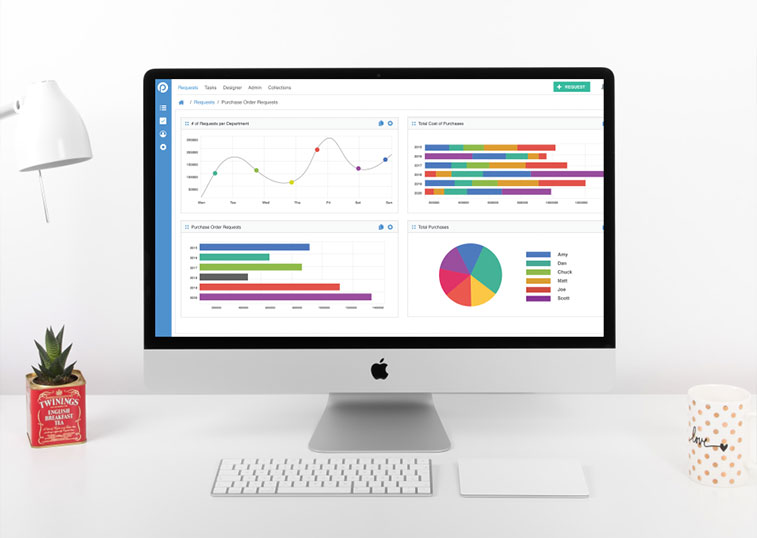The Implications of Turning Business Users into Citizen Developers
We are in an era of highly-skilled work opportunities. As technologies rule our daily lives, the same is true of the workplace – or, it will be. As a result, modern employees are expected to bring a higher level of skill to the workplace. For example, an accountant may also have programming skills and so on. Yet, to keep your company – and staff – agile, it also helps to turn your business users into citizen developers.
Many companies have issues maintaining high-quality, full-time IT staff. In some areas, high turnaround is the norm. Turning your business users into citizen developers can help fill these gaps as they emerge.
Technologies are also becoming more self-service oriented. Business users are already comfortable with this framework in their personal lives. If you deploy a low-code or no-code platform, then business users can link specific modules together to create a customized business application. Plus, the app can be modified to meet the evolving needs of the business.
Is this all too good to be true? Of course, there’s always the off-chance that business users will run wild with their new capabilities. But, you can also create the infrastructure to ensure they only have access to specified components. Keep reading to learn more.
What about the cost benefits?
When you gauge how much it costs to hire developers, it might be of enormous benefit for companies to turn their current business users into citizen developers. Not only would the organization have more employees who could help to facilitate an enhanced digital transformation, but they empower their current employees and don’t have to allocate large budgets to outsource costly development.
Beneficial implications of turning business users into citizen developers
Business users as citizen developers can enhance your IT department. They can focus on general, immediate business needs while the IT staff can concentrate on more complex and strategic initiatives. Even in non-technical business sectors, technology sets companies apart from their competition.
Also, business users might feel more satisfied with their ability to create applications as they don’t have to wait for IT to meet their needs. And, sometimes it’s easier to just create your vision instead of trying to explain it to someone with a different perspective.
How can citizen developers help your company grow?
There are myriad benefits your company can accrue when turning business users into citizen developers. For instance, they can quickly support your company when there is a need for change – such as driving further digitization and/or digital transformation. Not to mention, they have insider knowledge that can tailor applications that have the potential to ensure automation success.
Something else to think about is speed. In the digital era, the product and service lifecycle is extremely quick. The minute we get used to new technology, or application, a new iteration has been developed. Just consider the wide acceptance of platforms that are either low-code or no code. A business user turned citizen developer can quickly build applications as needed.
Just a few cons to keep in mind
One aspect, every company must stay on top of, is cybersecurity. Although threat actors often target public applications, they can still exploit internal tools developed by unaware business users.
Nonetheless, business users can be trained on cybersecurity best practices ensuring the implications of outweigh and potential risks.
Final thought
As we are in the digital revolution, the demand for application developers is as high as it has ever been. Invariably, the future of work may exacerbate growth. In addition, it’s just another opportunity for organizations and business users to upskill/reskill while securing overall agility.



